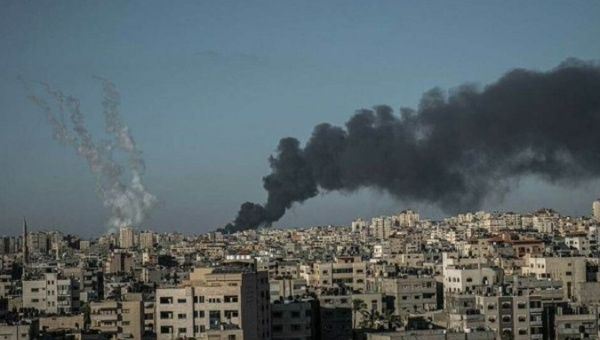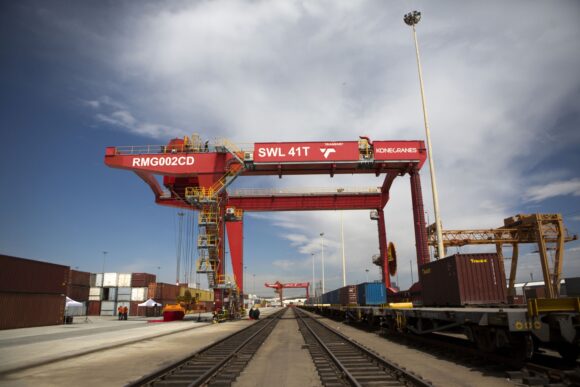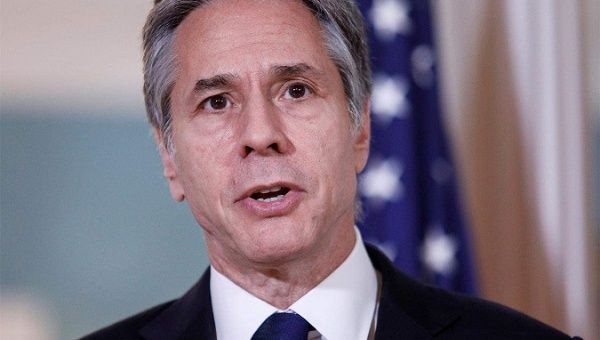
Japanese Prime Minister Yoshihide Suga said previously unrecognized atomic bomb survivors need to be “saved” in response to a high court ruling that recognized 84 Hiroshima victims. File Photo by Keizo Mori/UPI | License Photo
July 26 (UPI) -- Japanese Prime Minister Yoshihide Suga said Monday his office will not challenge a high court ruling that recognizes 84 Hiroshima victims of radioactive "black rain" as state beneficiaries.
"In light of the principles of the atomic bomb survivors' assistance law, I feel that we need to save them," Suga said, according to Kyodo News.
The prime minister also said Tokyo wants to "issue certificates for hibakusha atomic bomb survivors immediately to all plaintiffs," Jiji Press reported.
"We want to consider a remedy also for other people who are in a similar situation."
Suga's statement comes after a long legal battle for the victims.
The plaintiffs have said they fell ill as a result of the atomic bombing on Aug. 6, 1945, but had for decades been ineligible for free health checkups unlike other officially recognized victims.
Black rain victims were outside government-recognized parameters at the time of the bombing, or northwest of the designated area running 12 miles in length and 7 miles in width, according to Jiji Press.
Hiroshima Mayor Kazumi Matsui, a second-generation victim of the atomic bombing, said Suga had arrived at a "wise choice." Matsui said he would accelerate the registration process for victims.
"The survivors don't have much time left," the Japanese politician said, in reference to the average age of 84 among the survivors.
The Hiroshima High Court on July 14 upheld a lower court decision that recognized the plaintiffs as beneficiaries. In July of last year, Hiroshima District Court ruled the 84 victims of radioactive "black rain" did get sick as a result of the atomic bombing.
The plaintiffs first sued the city of Hiroshima and relevant prefectures in 2015. Regional governments initially pushed back against the suit, claiming there was no proof black rain had been a factor in the failing health of the victims.
The U.S. atomic bombing of Hiroshima killed 140,000 people.



 Palestinians celebrate in Ramallah city centre in support of the resistance in Gaza, after the ceasefire. Photo: Shutterstock
Palestinians celebrate in Ramallah city centre in support of the resistance in Gaza, after the ceasefire. Photo: Shutterstock



